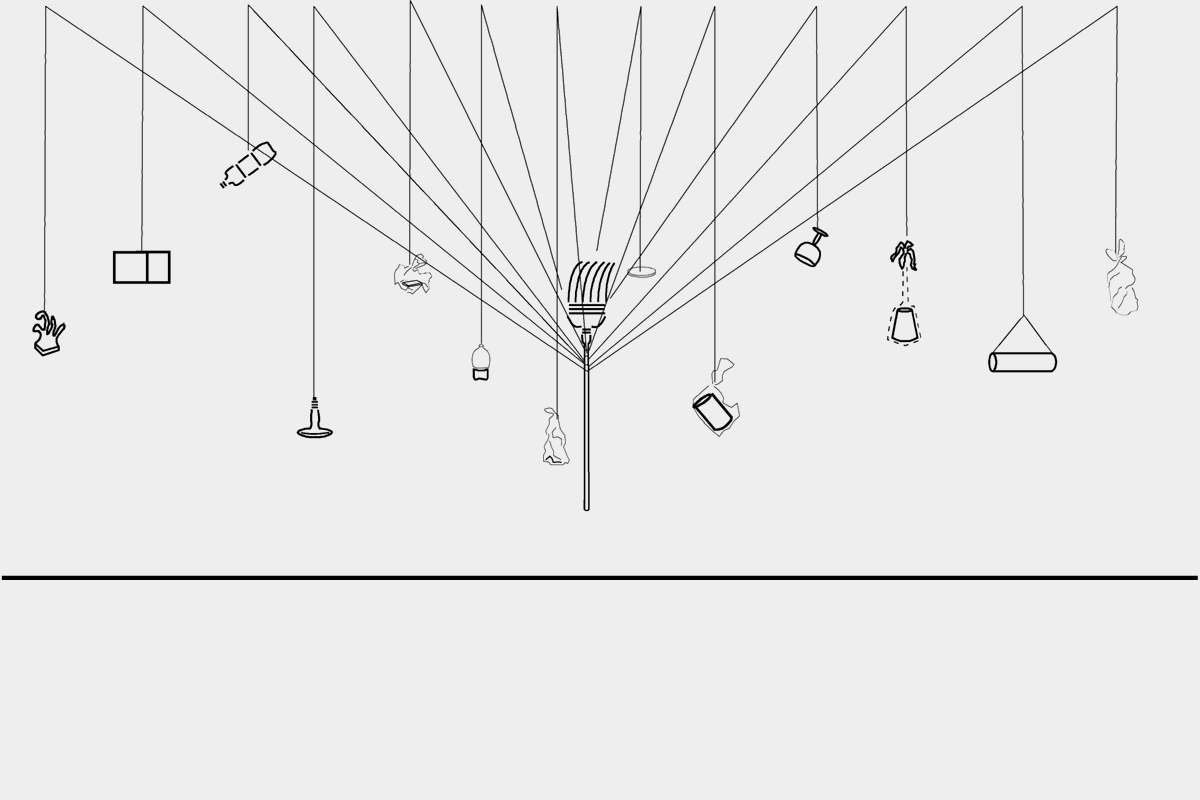
The main aim of this LGC research project has been to arrive at a definition of what artistic research is and how it differs from scientific research. In contrast to the prevailing opinion among art scholars today, the results of this project show that artists do not have to approach the sciences in order to produce research. In fact, my work shows that research has been an integral part of modern art ever since it appeared in the early decades of the twentieth century. Not only that, it also shows that modern art has developed its own rules and codes of investigation (which together are called a paradigm) and has also produced its own forms of experimentation.
Artistic research is a discipline that has left its pre-paradigmatic state due to its acceptance of an epistemological metaphysics and its generation and assimilation of two universally recognized research paradigms: the Bauhaus and the Duchampian research paradigms. In both of them, artistic intentions are expressed as predictive propositions through the modern art manifesto, which assumes, in this function, a role similar to the hypothesis in scientific research. The art manifesto hypotheses are tested for their possibility through the artwork, which becomes in this sense a unique form of the experiment. With this perspective, it is possible to outline the specific nature of artistic research in its relation to other forms of research, describing the conditions under which artistic research is possible nowadays, both within and outside academia, and either in purely disciplinary endeavors or in multidisciplinary research projects.
It is my hope that the results of my investigation on the historical development of artistic research will contribute in a decisive manner to produce a consensus regarding what artistic research is among universities and academies of art, mainstream artists, art scholars, and in general everyone interested in the growth of research. In this way, the definitions put forward by this LGC project will contribute to establish artistic research as a distinctive and unique form of knowledge production.
